Father of Science - Sir Isaac Newton
The Father of Science
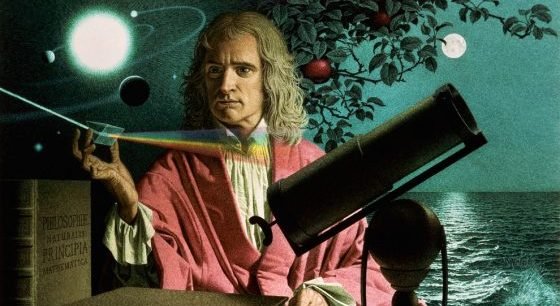
Sir Isaac Newton
It is often said, “The apple does not fall far from the tree”, but when I hear this quote, I do not immediately think about family lines or how I resemble my mother far more superiorly than I do to my father, oh no. My immediate thought is related to why it does not fall far instead, and the number one reason why is because it encountered an obstacle along its descent. Let us transcend to the year 1667, where a young student is dazing underneath an apple tree when he is suddenly disrupted by a falling apple, which, due to the collision, landed upon the head of the student, thus not falling far from the tree. My immediate thought at the words of this quote takes me to Father of Calculus and a man whom was regarded as “The Greatest Genius to Ever Live”, a man that changed the world of Dynamics with a single, simple thought as to “why” and a man whom is and forever will be praised for millennia to follow. When I heard this quote, I think of no one other than the great, Sir Isaac Newton.
Many of us reading this right now have used one of Sir Newtons discoveries at any point in our live. When we go ice skating, and we push along the floor of ice, we continue moving at almost the same speed in that very same direction. This is called Newtons First Law of Motion, which states that an object in motion will remain in motion, unless acted upon by external forces. When throwing a ball across a field, the ball will start off with the speed that your hand enforced upon it, but as it goes further away, it will slow down due to the wind preventing its motion. This is regarded as Newtons Second Law of Motion that states the acceleration of a body that is produced due to a net force acting upon that body is directly proportional to the net force acted upon it but inversely proportional to the mass of that body. When you get into a fight and punch another person, although that person may have felt your fist in his face, your knuckles will still experience pain. This is regarded as Newtons Third Law of Motion, that implies that if object A implies a force on object B, object A will experience the same force acting upon it by object B, but in the opposite direction. Sir Newton wrote and published a book so powerful in knowledge, that it is regarded as the single most important book in all of scientific history, “Philosophiæ Naturalis Principia Mathematica” and the work in this book, through his years of dedication to science, is deemed priceless. To understand how we, in the future, were blessed with man of such exception, we must ironically look to the past. I will be narrating the life of Sir Newton and will explaining the events that unfolded to allow the Father of Mathematics to become one of the most famous individuals in history.
In the year of 1642, in the small village of Lincolnshire of England, we were blessed with the birth of Sir Isaac Newton, born prematurely to his widowed mother, Hannah Ayscough, on Christmas Day. He was named in respect for his late father, Isaac Newton Sr., who passed on 2 months prior to his birth. For 3 years, the greatest mind to have ever lived, grew up in a single parented household until his mother decided to remarry. Upon her decision, she entrusted her son in the care of his grandmother (her mother), Margery Ayscough, and went on to live her life with her new husband, in which she produced 3 children in that marriage. Due to their unfortunate financial state, Sir Newton was only able to receive basic education in the local schools in his area until 1655 when he was 12 years of age. For the following 5 years, Sir Newton schooled at The King's School in Grantham. The King’s School is an all-boys school for grammar which has history dating back the 14th century. It was during this times that Sir Newton took a personal interest in the schools’ library, and this was regarded as the turning point in his life. It was noted that he to a peculiar interest into mathematics as well as physics, due to the fact that he was in a grammar school which thought Latin which over time also included Greek.
In the peak of the year in 1660, his mother, who was now a second widow, returned and forced Sir Newton to leave school and instead to work upon the fields as a farmer. She felt that her premature son had much too high aspirations in life due to the fact that he was born premature but also due to the fact that she was under the mindset that he would not have received a lot of knowledge during his time at the Grammar School. The irony of the situation was that he learnt more about sciences and mathematics than that of what he learnt in language. In the months to follow, due to the noticeable absence of Sir Newton, the head of the King’s School at that time, Henry Stokes, found the talented young boy being forced to clean the fields and plant crops. Upon pleading and convincing, Sir Newtons' mother allowed him to return to his school, where he went on to complete his studies.
It was not long before many people realized about the brilliance that was Sir Isaac Newton. Upon being top scorer at the King’s School, and under the recommendation of his uncle, William Ayscough, Sir Newton was enrolled into the prestigious Trinity College in June of 1661. In order to be able to pay for his fees, the Great Sir Newton had to perform valet services as an occasional job. No one would have ever thought that the Master of Calculus would ever be driving their car for charity or loose change. Upon noticing the spark of knowledge in Newton by the university, he was awarded that of a scholarship, but only if he chose to further his studies outside that of those 4 years in which he obtained his degree. Upon agreeing to these conditions, Sir Newton completed his degree and began further studying in 1665. Due to these studies that he conducted, he started to produce a new branch of mathematics due to his discoveries of binomial systems. This new branch of mathematics is what we refer today as Calculus. What makes the discovery of this branch of mathematics so much more amazing, is the circumstances under which it was uncovered.
The 17th century will always be known for the birth year of sir Newton, but it was also known for another event. This event however, was not as celebrated as the prior. The 17th century saw the epidemic that was The Great Plague.A disease that was spreading rapidly and anyone infected would soon be dead.Towards the latter part of 1665, the college was closed down temporarily to prevent anyone from spreading the disease had they contacted it. This meant that all students were sent home and all forms of studying were put on halt. Or was it …. While most students would use this time to spend it among family, Sir Newton used this time as he would any other time. He furthered his knowledge and conducted experiments in the comfort of his own home as well as observed the ever-changing universe. These small events in history changed our very existence. The Great Plague last a gigantic 2 years, as students only returned to the college in March of 1667. When Sir Newton returned and proposed his work to his Professors, they were nothing less than both shocked and amazed. Not only did Sir Newton develop his theory of Calculus, he also developed a theory on optics as well as famously proclaimed, Law of Gravitation. Due to his exceptional dedication in the field of mathematics, Sir Newton was elected as a Fellow of the Trinity in October of 1667. A Fellow a Trinity is a title granted by Trinity College for making an achievement in a respected field of the college. Soon after his work was reviewed and process, Sir Newton received one of the highest awards of any academic. He became a Fellow of the Royal Society.
This is an award of great stature that is granted to anyone who has greatly contributed to any scientific or mathematical field. It should be noted that at the times of these discoveries, the views of The Church were held with more solidity than that of science. It was therefore proclaimed that a Fellow, be it of Trinity College, The Royal Society or any other institute, must hold a place in The Church, such as a Reverent, in order to convince The Church that the involved person had a relationship with God. Unfortunately, Sir Newton did not have a very religious aspect within him, as he preferred the religion of science. The Church would often try to impose themselves upon Sir Newton, by provoking him to become a member in some way but due to his gifted abilities, he was always granted special permission to continue his work without being a member at both the Trinity College as well as the Royal Society. In the years to follow, Sir Newtons work gained international recognition and on the 16th of April 1705, he was Knighted by the Queen of England at that time, Queen Anne. The Knighting was a surprise to the entire scientific community as well as Sir Newton, as no one was aware that this honor would be bestowed upon him during the visit of the Queen to the Cambridge University. It is most proudly stated however, that the Knighting was due to the one of his most famous books in history, Philosophiæ Naturalis Principia Mathematica, which was first published in 1687. This book forged the foundation of Calculus and Mechanics.
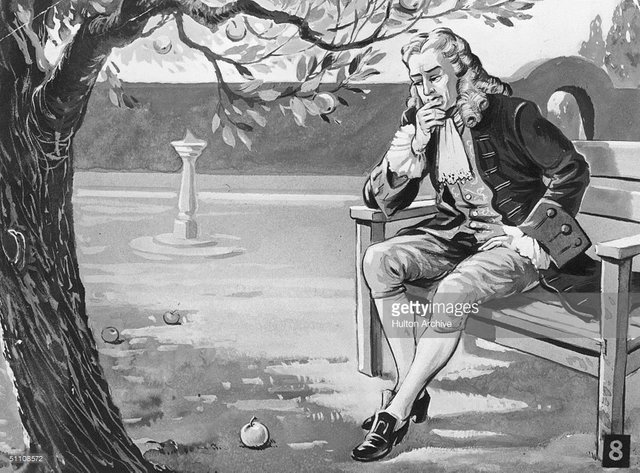
Sir Newton Pondering upon how an apple falls
An interesting fact that most of the world is unaware of, is that there was no apple that landed upon Sir Newtons head while dazing under an apple tree. There was no recovered evidence from his journals or personal experiences with anyone. There is, however, a diary entry of Sir Newton that explains how he watched an apple fall down towards the ground rather than raising upwards or travelling vertically. This statement may contradict my opening anecdote, but it is because I am aware of the knowledge and the history behind the greatest mathematician to have ever walked this Earth. The age-old story that has being passed down from generation to generation may not be completely true, but the knowledge that was imparted upon by Sir Newton until his death on the 20th of March 1727, will never be incorrect. Thank you Sir Isaac Newton.
Images are linked to their sources in their description
The End
References:
[1] en.wikipedia.org/wiki/Isaac_Newton
[2] www.notablebiographies.com › Mo-Ni
[3] https://www.grc.nasa.gov/www/k-12/airplane/newton.html
[4] https://starchild.gsfc.nasa.gov/docs/StarChild/whos_who_level2/newton.html
[5] https://learnodo-newtonic.com/isaac-newton-accomplishments
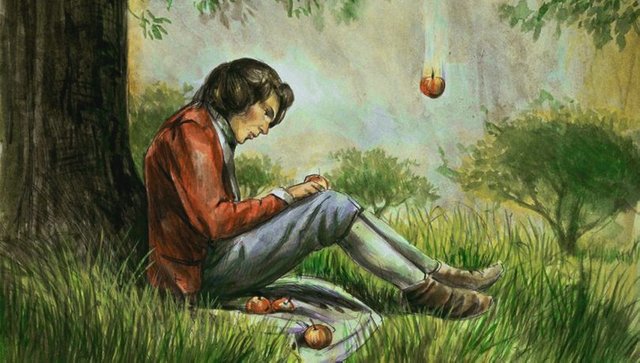

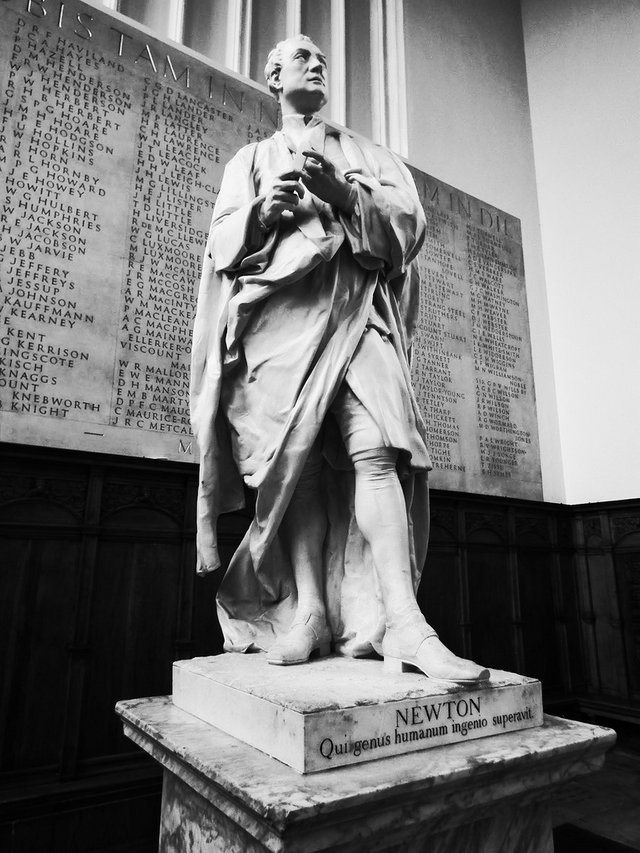
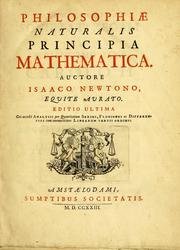

Thanks for posting about my favorite scientist Newton.
This is a test comment, notify @kryzsec on discord if there are any errors please.
Being A SteemStem Member